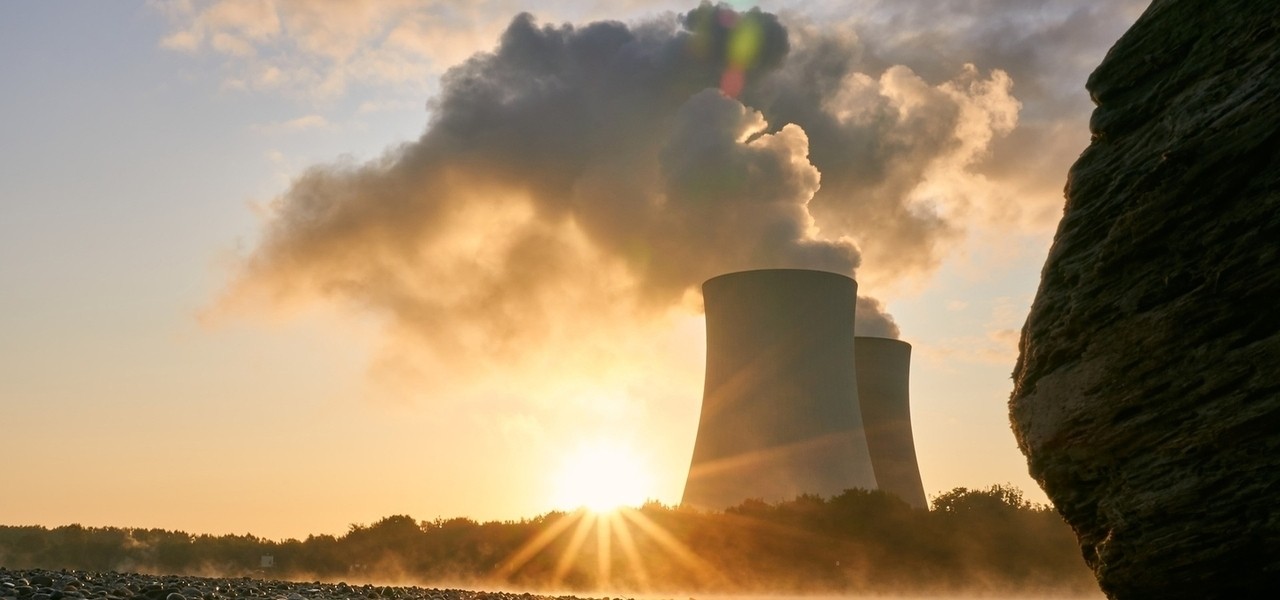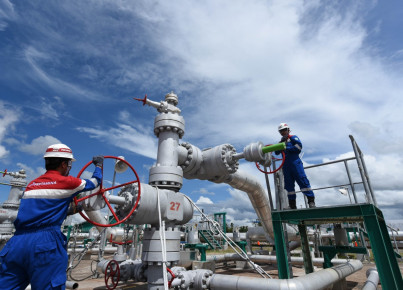In Singapore, Minister of State for Trade and Industry Alvin Tan spoke to parliament about alternative energy options such as hydrogen, geothermal, and nuclear. Other countries are following.
East Asian countries are considering the nuclear option in response to the shortage in global energy supply brought about by the Russian-Ukrainian conflict. This is an attractive option for many regional governments that are struggling to deal with economic consequences of the health crisis to promote domestic growth.
The latest report of the Intergovernmental Panel on Climate Change (IPCC) is blunt about the environmental and social emergency that awaits the international community in the near future. There is an urgency for decisive measures to drastically reduce greenhouse gas emissions by 2025 if we are to attempt to meet the Paris Agreement target and limit global warming to 1.5 °C above pre-industrial levels. At COP26 in Glasgow last November 2021, participating countries were encouraged to rapidly move away from fossil fuels to avoid climate disaster, and to consider the use of nuclear power.
East Asia - due to its geographical characteristics and socio-economic structures - is among the regions most susceptible to environmental and climate deterioration. The consequences of global warming are dangerously impacting on the living conditions of regional communities, forcing many people to migrate and others to deal with rising sea levels and extreme weather phenomena.
For these reasons, national governments have made sustainability and de-carbonization imperatives of their policy agendas. The economic difficulties that followed the pandemic and geopolitical contingencies in Eastern Europe have challenged these good intentions, because beyond environmental concerns, economic growth remains the main objective of these emerging markets.
Who are the supporters of the nuclear turnaround
China recently approved the construction of six new nuclear reactors to advance its de-carbonization policy. The severe power shortage experienced last fall 2021 had forced China's local governments to ration power access. This would have confronted national authorities with the pressing need to find energy solutions that meet the massive national demand without sacrificing climate commitments.
Japan, although still traumatized by the Fukushima disaster of 2011, is considering going nuclear to withstand the impact on energy prices brought about by the war in Ukraine. New Prime Minister Fumio Kishida is quite supportive of this transition, according to Nikkei Asia. He told reporters on April 8 that he aims to "maximize the use of renewable energy and nuclear power following the ban on Russian coal imports."
South Korea's newly elected president, conservative Yoon Suk-yeol has promised a nuclear turnaround to emancipate the national economy from carbon. The plan to overhaul the energy mix has been called "inevitable" for Seoul to meet its climate goals.
In Singapore, Minister of State for Trade and Industry Alvin Tan spoke to parliament about alternative energy options such as hydrogen, geothermal and nuclear. Although a 2012 study had determined that conventional large nuclear reactor technologies were not appropriate for the small Asian city-state, today the infrastructure can be much smaller and more sophisticated, and Singapore could also benefit from this industry.
The Philippines is also entertaining the idea of veering toward nuclear power. Energy Secretary Alfonso Cusi is a strong supporter of this energy option, and told the ANC TV channel last year that it is a strategic alternative to reduce oil imports. In February, President Rodrigo Duterte signed an executive order to include nuclear power in the national energy mix.
Other countries in the region, including Indonesia, Malaysia, Thailand, and Vietnam, are exploring or implementing plans to produce nuclear power, although many projects remain on hold due to cost and safety issues.






